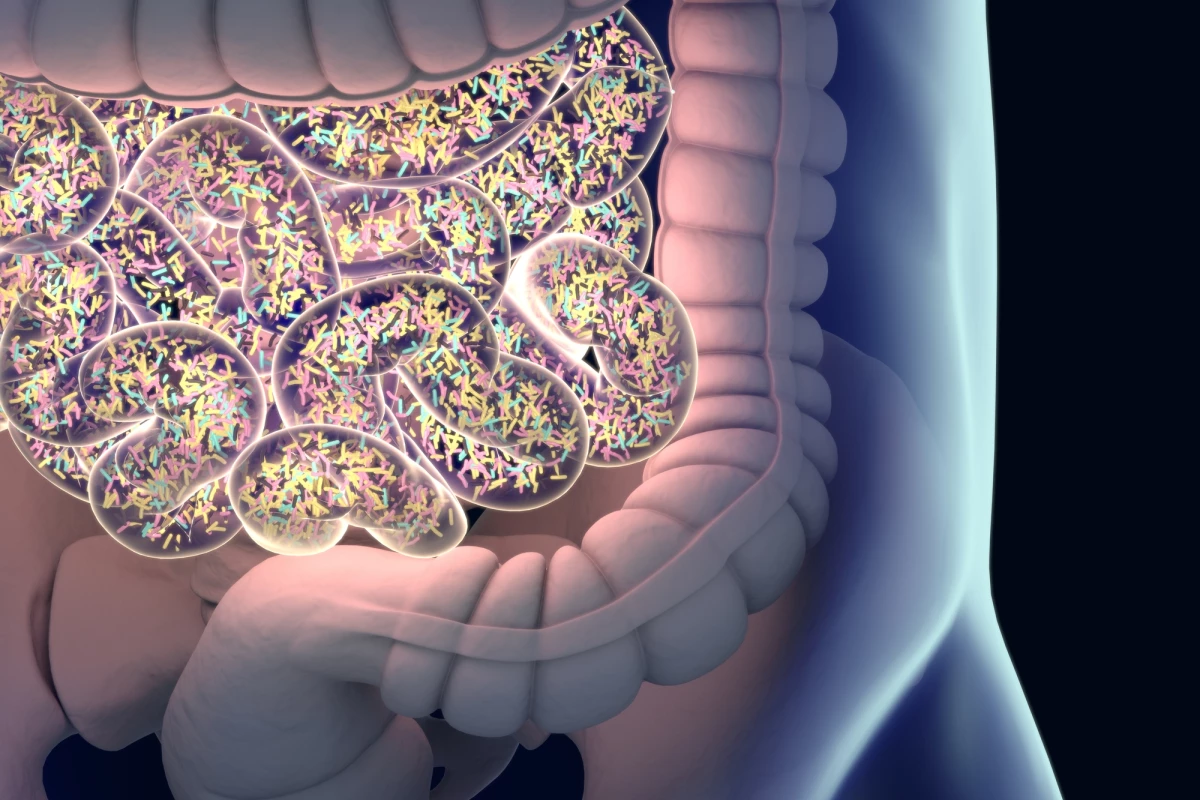A strong new study has investigated the prospective anti-obesity effects of a specific strain of gut bacteria. From preclinical animal studies to a placebo-controlled human trial, the robust translational research suggests a novel bacterial strain may confer several metabolic benefits.
The new research investigated the effects of a very specific bacterial strain called Bifidobacterium longum APC1472. Prior research has indicated this particular bacterial strain seems to help moderate levels of ghrelin, a hormone known to regulate appetite and fat metabolism.
The study, led by scientists at University College Cork, first explored the effects of B. longum APC1472 on a preclinical mouse model of diet-induced obesity. Not only did the probiotic reduce fat deposits and induce weight loss in the obese mice, but the intervention improved glucose tolerance and reduced fasting cortisol levels.
Of course, what works in mice doesn’t necessarily work in humans so the researchers then conducted what is called a translational study. Over 100 healthy but obese human subjects were recruited and blindly divided into placebo or treatment groups. The active group received B. longum APC1472 supplements for 12 weeks.
The human trial revealed many of the beneficial metabolic effects seen in the animal studies indeed translated across to the human subjects. The bacterial intervention reduced fasting blood glucose levels and normalized active ghrelin levels. The subjects in the active treatment group also displayed decreases in levels of the stress-hormone cortisol, again validating the findings seen in preclinical animal studies.
Importantly, the study notes no changes to overall weight or BMI were detected in the human trial. So 12 weeks of probiotic supplementation did not have any direct effect on weight, suggesting this particular bacterial strain is unlikely to be a sole magic potion to prevent obesity. The researchers hypothesize a number of factors that could account for the discordancy in weight loss between the animal and human studies.
“This discrepancy might be explained by the fact that the majority of the human intervention cohort was non-diabetic, whereas the HFD (high-fat diet)-induced obese mice had a decreased glucose tolerance, implying that host glucose metabolism may have been the main factor driving the reduction in body weight gain in the obese mice,” the researchers write in the study. “It must also be noted that the treatment duration of the preclinical study was longer and, therefore, a longer treatment period in the human intervention study, or a higher treatment dosage, could have resulted in more significant differences and bigger effect-sizes.”
Nevertheless, the metabolic effects of the probiotic intervention seen in the human cohort affirm potential therapeutic uses. Harriet Schellekens, joint senior author on the study, says the study offers promising signals that this specific bacterial strain could be helpful in diabetic, or pre-diabetic, populations.
"This study is the first of its kind demonstrating the translation of a Bifidobacterium longum species, B. longum APC1472, from initial laboratory studies through pre-clinical studies to a human intervention study,” says Schellekens. "This study shows that B. longum APC1472 has potential to be developed as a valuable probiotic supplement to reduce blood glucose, which is important in the development of conditions such as type 2 diabetes.”
Timothy Dinan, one of the clinical investigators on the project, also suggests the effect this bacterial strain has modulating cortisol levels could be important. The relationship between stress and obesity is well chronicled so, hypothetically, there may be a role for this probiotic strain in mental health therapy.
"The translational findings are solid and the modulation of cortisol awakening response, warrant further investigation of this B. longum APC1472 and its potential use as a psychobiotic to improve mental health,” says Dinan.
The new study was published in the journal EBioMedicine.
Source: University College Cork




